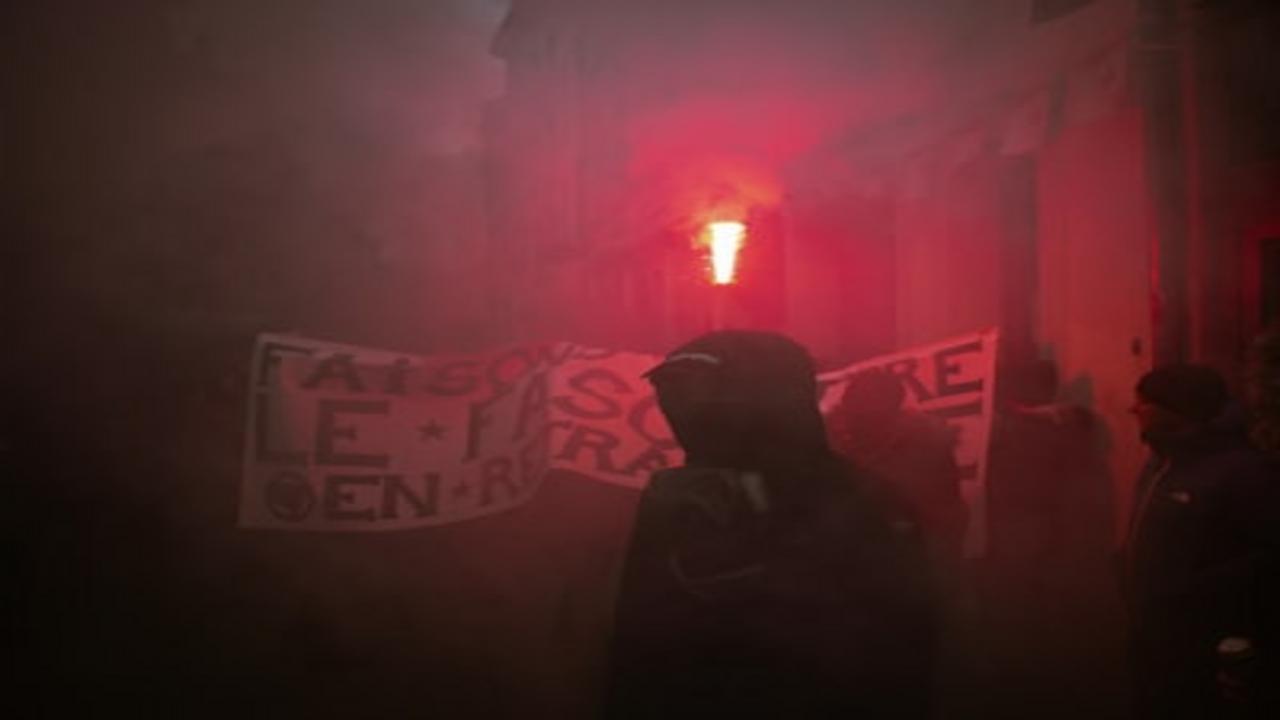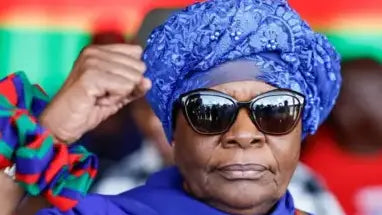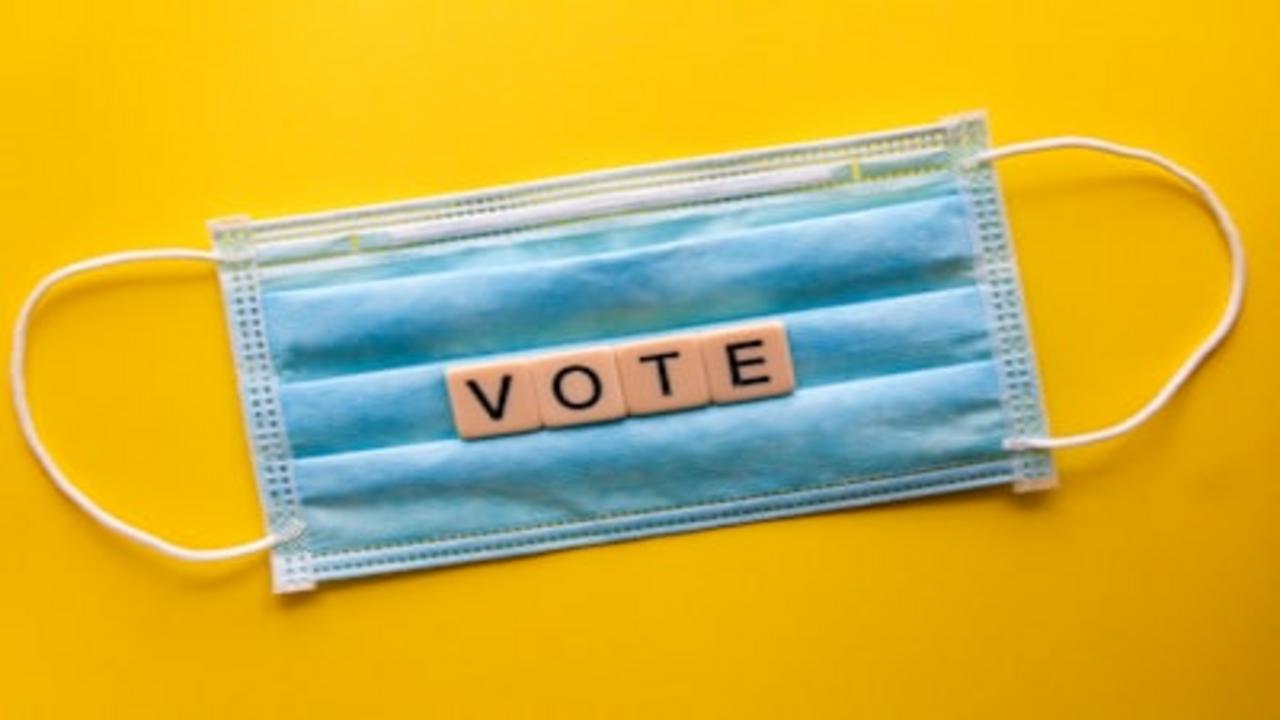
Democratic Republic of Congo: Seth Kikuni's conviction reignites debate on freedom of expression and political repression.
In an unexpected turn for the Congolese political landscape, Seth Kikuni, the presidential candidate who has already made a name for himself with his controversial positions, has been convicted of inciting civil disobedience. In the midst of electoral turmoil, this court decision has rekindled the debate on freedom of expression and the repression of dissenting voices in the Democratic Republic of Congo. This verdict, which seems to want to silence opponents, could in reality fan the flames of protest.
A conviction that does not go unnoticed
Seth Kikuni's sentence was handed down in an electric atmosphere, where political tensions are reaching new heights. Accused of wanting to incite the population not to respect the laws in force, Kikuni did not hesitate to denounce what he calls a "witch hunt" orchestrated by the power in place. For his supporters, this sentence is a sign that the regime is afraid of the voices raised against it. But for the government, it is a question of maintaining public order. A dichotomy which, close to there, is not without recalling that of other African countries where freedom of expression is often under surveillance.
The boiling hot electoral context
As elections approach, the climate in the DRC resembles a boiling volcano. Accusations of manipulation and repression are flying from all sides. Candidates, starting with Kikuni, are navigating a sea of mistrust, where every word spoken can be used against them. Social media, a land of freedom for some, has become a battleground where communication strategies are intertwined. Kikuni, with his incendiary rhetoric, attracts crowds hoping for change – is this really the solution or just a storm in a teacup?
Consequences at stake
Seth Kikuni’s conviction raises crucial questions about the country’s democratic health. Indeed, what does the repression of an opponent mean for the future of the electoral process? If history has taught us anything, it is that each act of repression can generate unprecedented popular movements. The Congolese youth, increasingly engaged, have no intention of remaining passive in the face of these events. A call for resistance may be forming in the shadows, and this verdict could well be the catalyst for an unexpected civic upsurge.
In the end, it is clear that the case of Seth Kikuni illustrates the challenges facing the Democratic Republic of Congo. Between the central government and the voices of the opposition, the tension does not seem ready to ease, and the political future of the country remains in suspense, where each judgment could weigh heavily in the balance of democratic destinies.



Leave a comment
This site is protected by hCaptcha and the hCaptcha Privacy Policy and Terms of Service apply.